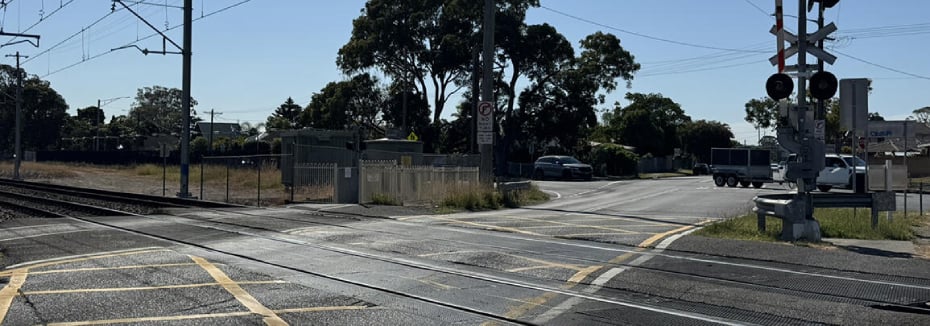Start your project the right way, with an efficient and well lead construction team. Producing a high quality project within the specified time frame can become difficult when issues arise and things don't go as planned. Mediate the issues by ensuring your construction team can work together, follow your leadership and produce high quality results. Understand the three most commonly experienced roadblocks when building construction teams and learn how to avoid these.
1. Lack of trust
Trust is the foundation of any successful team, without it a team will struggle to work effectively and seamlessly together. Building trust will establish respect and a team effort to reach project goals and hit targets. It is an important role within leadership to instill and maintain the trust you have with your construction team. Trust can be gained through:
- Empowerment
- Providing tools and information
- Ensuring there is a team commitment to goals
- Encouraging team members to own up to their mistakes
If Trust within a team is lost you run the risk of affecting how members deal with:
- Change
- Commitment to the project
- Contract administration
- Risk allocations
- Solving disputes
2. Ineffective leadership
Every successful team requires a strong and effective leader to help guide the team to reaching group goals. A key indicator of team success is the presence of an effective leader guiding them throughout the project. In order to make your role as a team leader clear and effective, it is important to create an environment which:
- Presents the goals and vision of the team clearly
- Offers help and guidance for reaching these goals
- Encourages trust, forward thinking and hard work
It is important that as a leader you communicate clearly and always commit to your word by taking the appropriate actions.
3. Ineffective communication
Ineffective communication can often stem from a hierarchal approach to team management where a top-down communication structure is in place with higher management determining the actions of on site teams. This can lead to breakdowns in communication as there is limited face-to-face interactions with the decision makers. An on site leader is the most effective means for team communication, respect is built within the team if the leader is aware of how the job site operates and when they can have personable interactions.
It is also important to ensure there is constant communication within the team. It is the role of leadership to make this possible through implementing various tools and platforms. This is an effective technique to use in order to reinforce the importance of opinions within the team and that suggestions and concerns will be addressed. Effective communication will:
- Allow people to interact directly and frequently
- Encourage members to be open and honest
- Give people a platform for resolving issues or conflict
- Provide a secure and convenient system for handling documents and data
- Provide a tool for feedback and recognition
Building an effective team is your first hurdle as a project manager. The next step is to manage your team so that their productivity lasts. Use the Ebook below as a guide by learning 4 tips for managing your construction team.

Recent Articles
NSW Govt approves Inland Rail Narrabri to North Star Phase 2 project
Delivery of the second phase of Inland Rail in New South Wales will soon get underway as the State Government gives the green light to the Narrabri to North Star Phase 2 project.
New significant milestones reached on proposed Northern Water Project
Two significant milestones have been achieved on the proposed Northern Water desalination plant in South Australia.
Plans unveiled for major upgrade to NSW Rawson Rd level crossing
The New South Wales Government has unveiled plans for a major upgrade at Rawson Road and Railway Street in Woy Woy to make one of the Central Coast’s level crossings safer.
Get the latest project news
- updates on Australia's pipeline of state and federal projects
- fresh contract awards from major contractors and builders
If you're looking to contact us about other matters, please contact us.






